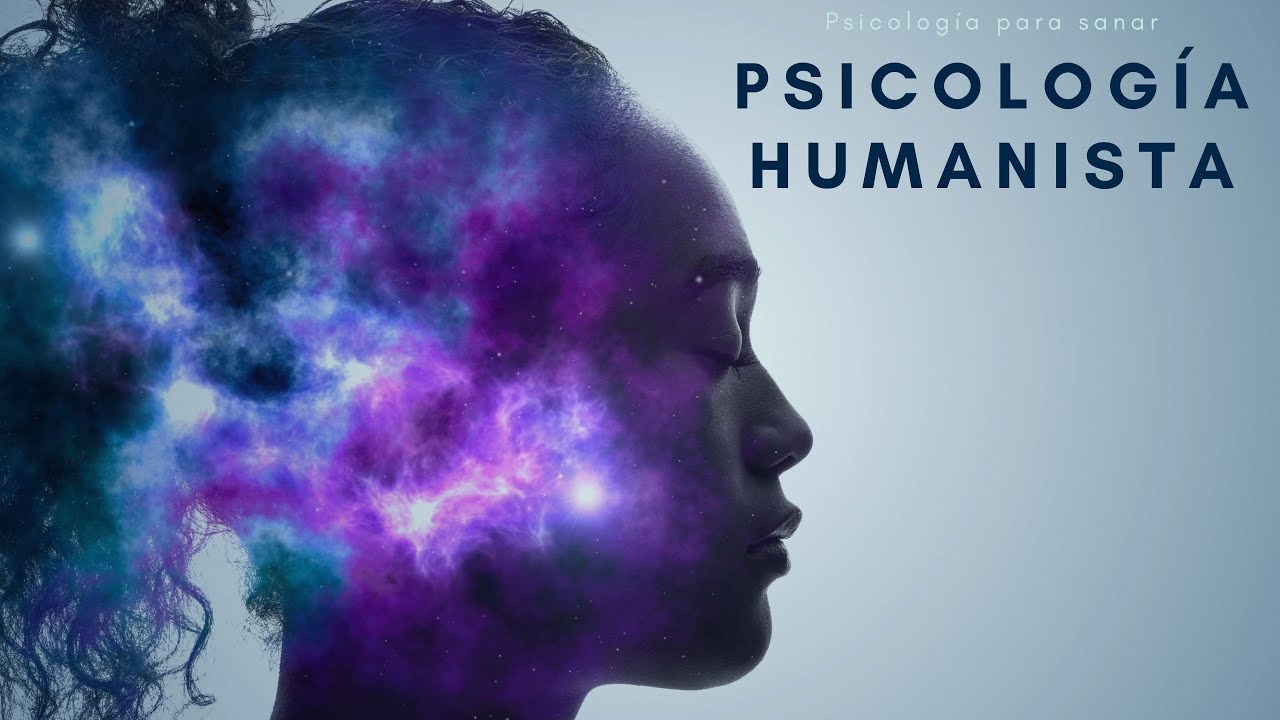Humanistic Psychology | Maslow's Hierarchy of Need | Carl Rogers & The Self
Summary
TLDRThis video explores humanistic psychology, focusing on key figures like Abraham Maslow and Carl Rogers. It delves into concepts such as self-actualization, Maslow's hierarchy of needs, and Rogers' theories on self-concept and congruence. The video contrasts humanistic psychology with earlier approaches like Freud's psychodynamic and behaviorism, highlighting its emphasis on personal growth, free will, and the role of subjective experience. Viewers also learn about person-centered therapy and its focus on fostering self-worth and personal discovery through empathy and unconditional positive regard.
Takeaways
- 😀 Humanistic psychology arose as a response to psychodynamic and behaviorist approaches, focusing on personal growth and subjective experiences.
- 🤔 Abraham Maslow's theory of self-actualization centers on the desire to achieve one's full potential and live a meaningful life.
- 🔺 Maslow's hierarchy of needs outlines the progression from basic physiological needs to self-actualization, with each lower need being essential before higher ones can be pursued.
- 🧠 Carl Rogers focused on personal growth through the concept of self-concept, which includes self-image, ideal self, and self-esteem.
- 💡 Congruence, as explained by Rogers, is the alignment between a person's self-image and ideal self, which promotes self-actualization.
- 💖 Unconditional positive regard, a key idea from Rogers, is essential for healthy development, meaning individuals are loved and accepted without conditions.
- 🔑 Conditions of worth, where individuals feel they must meet certain standards to be accepted, can hinder self-esteem and personal growth.
- 🛋️ Rogers' client-centered therapy emphasizes the therapist providing genuineness, empathy, and unconditional positive regard to facilitate personal growth in clients.
- ⚖️ Humanistic psychologists emphasize free will, asserting that individuals have the capacity to make choices and shape their own destiny despite external influences.
- 🌱 The ultimate goal of humanistic psychology is to help individuals achieve self-actualization and personal growth, becoming the best version of themselves.
Q & A
What does humanistic psychology emphasize in contrast to psychodynamic and behaviorist approaches?
-Humanistic psychology focuses on healthy growth, personal experiences, and self-fulfillment, rejecting the scientific method and the focus on negative aspects of psychology emphasized by psychodynamic and behaviorist approaches.
Who are the two key psychologists associated with humanistic psychology?
-The two key psychologists associated with humanistic psychology are Abraham Maslow and Carl Rogers.
What is Abraham Maslow's hierarchy of needs, and how does it relate to self-actualization?
-Maslow's hierarchy of needs is a theory that categorizes human needs into five levels: physiological needs, safety needs, love and belonging, self-esteem, and self-actualization. Self-actualization represents the fulfillment of one’s potential, which can only be pursued after the lower needs are met.
How did Maslow define self-actualization?
-Maslow defined self-actualization as the innate desire for self-fulfillment, which involves becoming what one is capable of becoming, and making a reality of one's potential.
What is the concept of congruence in Carl Rogers' theory?
-Congruence in Carl Rogers' theory refers to the alignment between a person’s self-image (how they see themselves) and their ideal self (who they want to be). Greater congruence leads to higher self-worth and personal growth.
What is unconditional positive regard, and how does it affect personal development according to Rogers?
-Unconditional positive regard is the acceptance and love given to an individual regardless of their behavior. According to Rogers, this leads to high self-worth and the ability to take on challenges, fostering healthy personal development.
What are conditions of worth, and how do they impact an individual's self-esteem?
-Conditions of worth are external standards that individuals feel they must meet to gain acceptance. If someone grows up with these conditions, they may develop low self-esteem and incongruence between their self-image and ideal self, hindering personal growth.
What is client-centered therapy, and why did Rogers prefer the term 'client' over 'patient'?
-Client-centered therapy, also known as Rogerian therapy, is based on the idea that the client is the expert on their own life. Rogers preferred the term 'client' to avoid labeling individuals as sick and to emphasize their role in finding their own solutions.
What are the three essential characteristics of a therapist in Rogerian therapy?
-According to Carl Rogers, an effective therapist must provide genuineness, empathy, and unconditional positive regard to foster an environment that supports the client’s personal growth.
What is self-transcendence in Maslow's extended hierarchy of needs?
-Self-transcendence is a level that Maslow added later in his life. It involves connecting to something beyond oneself, such as intrinsic values like truth, beauty, and goodness, which transcend personal interests.
Outlines

このセクションは有料ユーザー限定です。 アクセスするには、アップグレードをお願いします。
今すぐアップグレードMindmap

このセクションは有料ユーザー限定です。 アクセスするには、アップグレードをお願いします。
今すぐアップグレードKeywords

このセクションは有料ユーザー限定です。 アクセスするには、アップグレードをお願いします。
今すぐアップグレードHighlights

このセクションは有料ユーザー限定です。 アクセスするには、アップグレードをお願いします。
今すぐアップグレードTranscripts

このセクションは有料ユーザー限定です。 アクセスするには、アップグレードをお願いします。
今すぐアップグレード関連動画をさらに表示

Humanistic Psychology - Abraham Maslow & Carl Rogers (Intro Psych Tutorial #144)

PSICOLOGÍA HUMANISTA / HISTORIA DE LA PSICOLOGÍA

TEORI BELAJAR HUMANISTIK DALAM PENELITIAN KUALITATIF ANALISIS ISLAMI

TEORI BELAJAR HUMANISTIK DALAM PENELITIAN KUALITATIF

Teori Belajar Humanistik dan Penerapannya dalam Pembelajaran

Breve história da psicologia humanista existencial | Psicoterapia Humanista
5.0 / 5 (0 votes)
